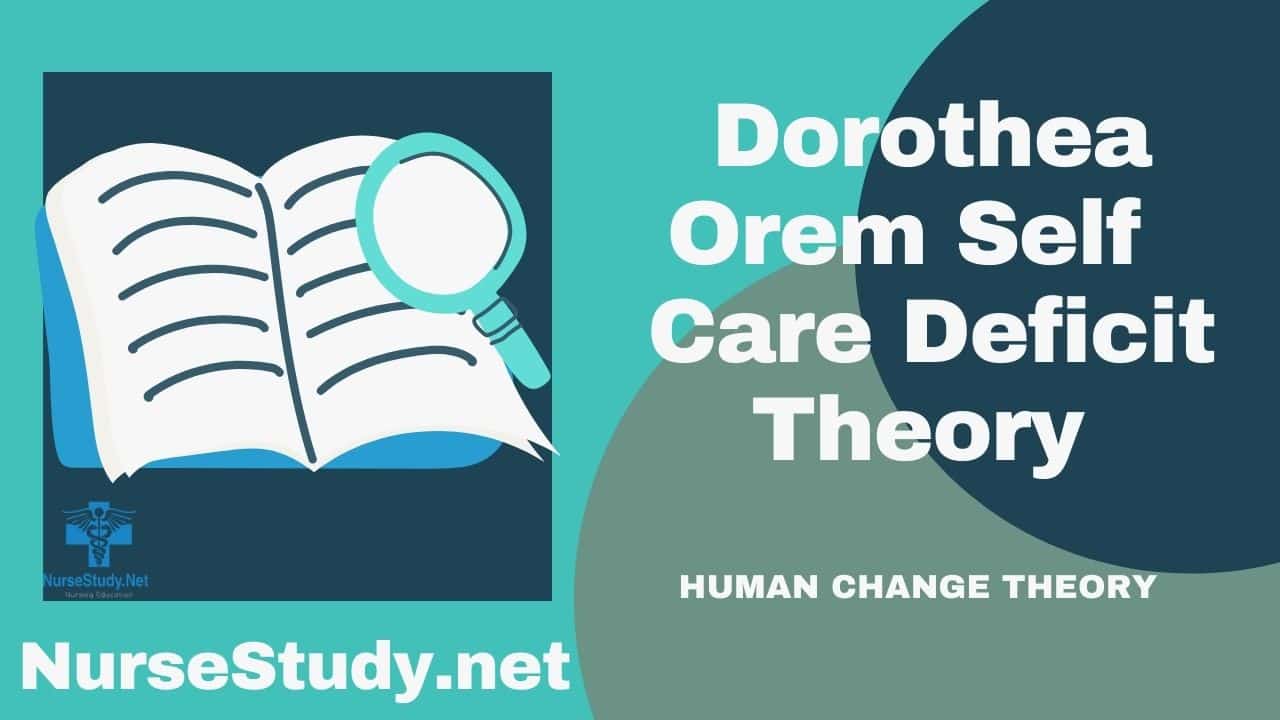At its core, Dorothea Orem’s Self-Care Theory posits that patients possess an innate capacity and responsibility for their own care. This groundbreaking approach redefines the nurse’s role, extending beyond physical care to encompass patient empowerment and independence.
By adopting Orem’s theory, healthcare professionals can address immediate patient needs and foster long-term well-being and self-reliance.
Are you ready to transform your nursing practice and empower your patients? Dive into the depths of Orem’s Self-Care Theory and discover actionable strategies to elevate your patient care.
Who Was Dorothea Orem?
Dorothea Orem (1914-2007) was a pioneering nurse theorist whose work revolutionized nursing education and practice worldwide. After obtaining her nursing diploma from Providence Hospital School of Nursing, Orem furthered her education with a Master of Science in Nursing from the Catholic University of America. Her career spanned clinical care, teaching, and administration, culminating in the authorship of influential works such as “Nursing: Concepts of Practice” [1].
Understanding Orem’s Self-Care Theory
Orem’s Self-Care Theory is built on the premise that self-care is fundamental to maintaining optimal health and well-being. This concept extends beyond basic hygiene and nutrition, encompassing activities that contribute to overall life quality and personal fulfillment.
The theory revolves around three key concepts:
1. Self-Care Requisites
Self-care requisites are the essential needs individuals must meet to thrive. Orem categorizes these into:
- Universal self-care requisites: Basic needs common to all humans, such as air, water, and food.
- Developmental self-care requisites: Needs related to human development and life stages, including safety and personal growth.
- Health deviation self-care requisites: Needs arising from health changes or medical conditions.
2. Self-Care Deficits
Self-care deficits occur when individuals cannot independently meet their self-care needs. These deficits may result from illness, physical limitations, or cognitive challenges. Identifying these deficits is crucial for determining appropriate nursing interventions [2].
3. Nursing Systems
Nursing systems are the strategies nurses employ to address patients’ self-care deficits. Orem outlines three main types:
- Wholly compensatory system: Used when patients are entirely dependent on nursing care.
- Partially compensatory system: Implemented when patients can perform some self-care activities but require assistance with others.
- Supportive-educative system: Focused on patient education and empowerment to foster independence in self-care.
Applying Orem’s Self-Care Theory in Clinical Practice
Implementing Orem’s theory can significantly enhance patient outcomes across various healthcare settings. Here are some practical applications:
- In rehabilitation units, nurses can guide stroke patients through exercises to regain independence in daily activities.
- Community health nurses can assess clients’ self-care abilities and develop personalized care plans that promote autonomy.
- Psychiatric nurses can teach patients coping strategies to enhance mental well-being and support recovery.
- Pediatric nurses can educate parents on childcare techniques, fostering confidence in their caregiving abilities.
- Geriatric care providers can balance assistance with the encouragement of independence in activities of daily living.
The Impact of Orem’s Theory on Modern Nursing
Orem’s Self-Care Theory has profoundly influenced nursing practice, education, and research. Its patient-centered approach aligns with contemporary healthcare trends emphasizing personalized care and patient empowerment [3].
Research has consistently demonstrated the effectiveness of interventions based on Orem’s theory. Studies show improvements in patient autonomy, self-efficacy, and overall health outcomes when self-care principles are integrated into care plans [4].
Embracing Orem’s Theory in Your Nursing Practice
To incorporate Orem’s Self-Care Theory into your practice:
- Assess patients’ self-care abilities and deficits thoroughly.
- Develop individualized care plans that address specific self-care needs.
- Implement appropriate nursing systems based on patient capabilities.
- Educate patients and families on self-care strategies.
- Regularly evaluate progress and adjust interventions as needed.
By embracing Orem’s Self-Care Theory, you can empower your patients, enhance their quality of life, and elevate your nursing practice to new heights.
Conclusion
Dorothea Orem’s Self-Care Theory offers a comprehensive framework for patient-centered care that empowers individuals to actively participate in their health and well-being. By understanding and applying this theory, nurses can make a lasting impact on their patients’ lives, fostering independence and improved health outcomes.
Are you ready to revolutionize your nursing practice with Orem’s Self-Care Theory? Start implementing these principles today and witness the transformation in your patients’ lives and your professional satisfaction.
References
[1] Orem, D. E. (2001). Nursing: Concepts of practice (6th ed.). St. Louis, MO: Mosby.
[2] Alligood, M. R. (2018). Nursing theorists and their work (9th ed.). St. Louis, MO: Elsevier.
[3] Renpenning, K. M., & Taylor, S. G. (Eds.). (2003). Self-care theory in nursing: Selected papers of Dorothea Orem. New York, NY: Springer Publishing Company.
